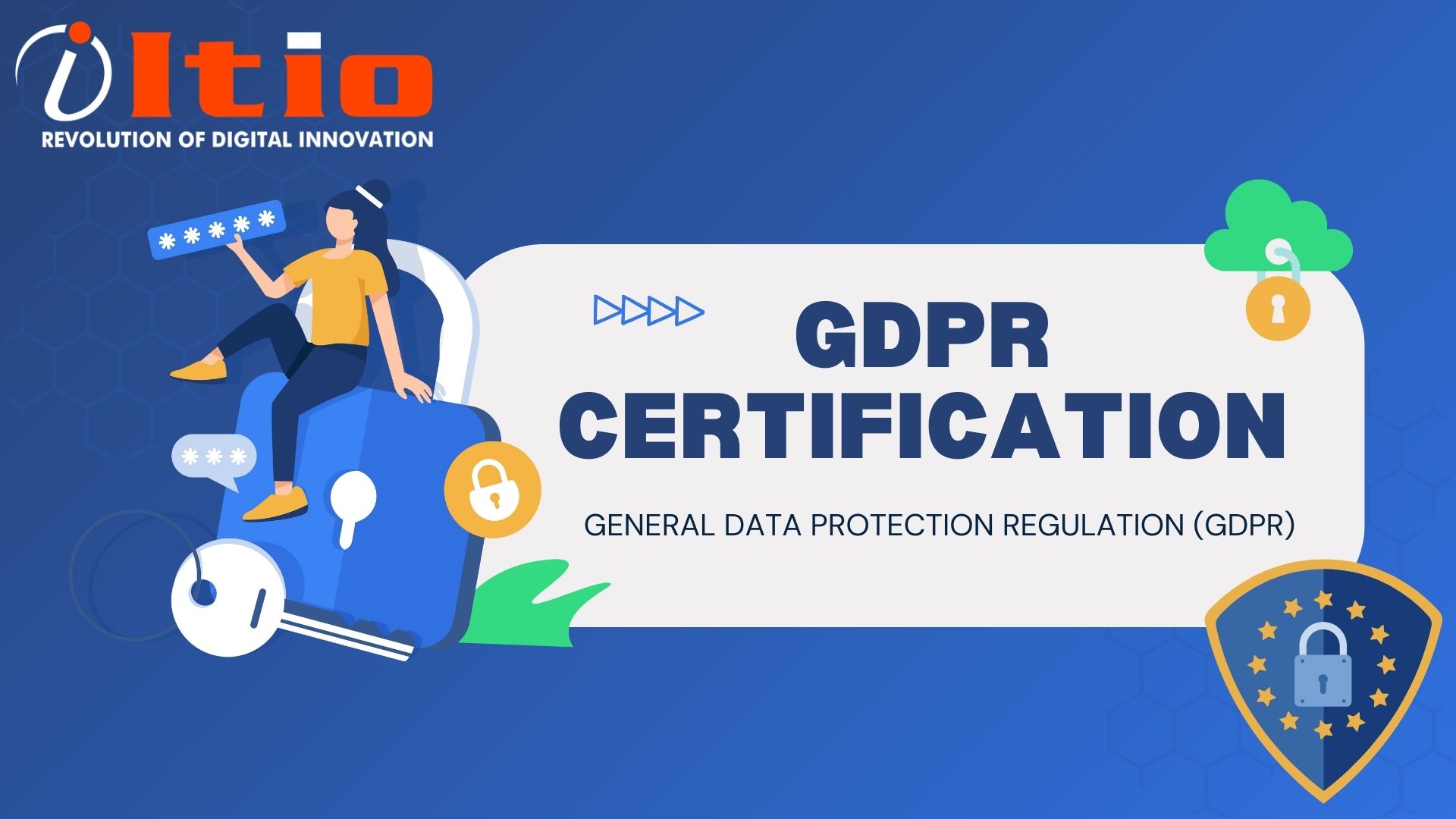
Introduction to GDPR Certification
In today’s digital age, data privacy isn’t just a nice-to-have—it’s a must. Whether you're a business owner, IT professional, or just someone who cares about privacy, understanding GDPR certification is crucial. This guide breaks down everything you need to know in plain English—no legal jargon, just the facts and practical steps.
What is GDPR?
The General Data Protection Regulation (GDPR) is a privacy law enacted by the European Union in 2018. Its goal? To give individuals control over their personal data and to unify data protection laws across Europe.
Why GDPR Matters
You might think GDPR is only for big tech firms in the EU. Nope. If you collect data from EU citizens, GDPR applies—no matter where your business is based.
What is GDPR Certification?
GDPR certification is an official way to show your company or team complies with the regulation. Think of it like a privacy badge—it tells the world you're serious about protecting data.
Importance of GDPR Certification
Building Trust with Customers
Imagine giving your personal info to a company with no security measures in place—scary, right? GDPR certification reassures customers that their data is safe with you.
Legal Compliance and Avoiding Fines
Non-compliance can lead to jaw-dropping fines—up to €20 million or 4% of annual global turnover. Yikes. Certification shows you're on the right track.
Competitive Advantage
Standing out in a crowded market is tough. GDPR certification can be a unique selling point, especially when dealing with privacy-conscious clients or partners.
Understanding GDPR Compliance
Key GDPR Principles
Lawfulness, Fairness, and Transparency
Collect data legally and let users know what you're doing with it—no sneaky stuff.
Purpose Limitation
Only use data for the reasons you collected it. No cross-purposing.
Data Minimization
Collect only what you need. Less is more.
Accuracy
Make sure the data is correct. Wrong data = wrong results.
Storage Limitation
Don’t keep data longer than necessary.
Integrity and Confidentiality
Keep it safe from hackers and leaks.
Accountability
You’re responsible for proving compliance—not just saying you are.
Rights of Data Subjects
GDPR gives people a say over their data—like accessing it, correcting it, or asking you to delete it.
GDPR Certification Framework
Who Offers GDPR Certification?
Certification bodies approved by national data protection authorities. Not just anyone can hand out GDPR certificates.
Types of GDPR Certifications
ISO/IEC 27701
This international standard helps businesses manage privacy data.
Europrivacy Seal
Developed specifically for GDPR, this seal shows full compliance.
Other Recognized Programs
Various training providers offer certifications tailored for professionals and organizations.
Steps to Get GDPR Certified
Step 1 – Conduct a Data Audit
Know what data you collect, where it lives, and how you use it.
Step 2 – Identify Gaps and Risks
Compare your current practices with GDPR requirements.
Step 3 – Implement Necessary Changes
Update your policies, systems, and training.
Step 4 – Choose an Accredited Certification Body
Work with recognized organizations to validate your efforts.
Step 5 – Undergo the Certification Process
Includes assessments, audits, and sometimes interviews with staff.
GDPR Certification for Organizations vs Individuals
Organizational Certification
This proves your business as a whole is GDPR-compliant.
Certification for Data Protection Officers (DPOs)
Specific programs train and certify professionals in privacy compliance.
Professional Training Programs
Great for IT staff, legal teams, and anyone who handles data.
Challenges in Achieving GDPR Certification
High Complexity of Regulations
GDPR is detailed and sometimes tricky to interpret.
Costs Involved
Certification can be pricey, especially for small businesses.
Ongoing Maintenance and Monitoring
Getting certified is just the start—you have to maintain it.
Benefits of GDPR Certification
Enhanced Data Security
With solid systems in place, breaches become less likely.
Global Business Opportunities
Many international clients prefer working with certified partners.
Stronger Organizational Reputation
Being seen as trustworthy and transparent builds brand loyalty.
How to Maintain GDPR Certification
Regular Internal Audits
Keep checking for issues before they become problems.
Staff Training and Awareness
A well-trained team is your first line of defense.
Updating Policies and Technologies
Stay up to date with tools and techniques that keep you compliant.
Future of GDPR and Certifications
Evolving Data Protection Laws
Regulations like the Digital Services Act and AI Act are on the horizon.
Integration with Other Compliance Standards
Expect more overlap with standards like CCPA, HIPAA, and ISO.
AI and GDPR Considerations
Artificial intelligence poses new privacy challenges that certification must address.
Conclusion
Whether you’re a startup or a global enterprise, GDPR certification is a wise move. It helps build trust, avoids nasty fines, and gives you a leg up on the competition. While the journey might seem daunting, the rewards are worth it. Remember—privacy isn't just a legal requirement. It’s a business advantage


















